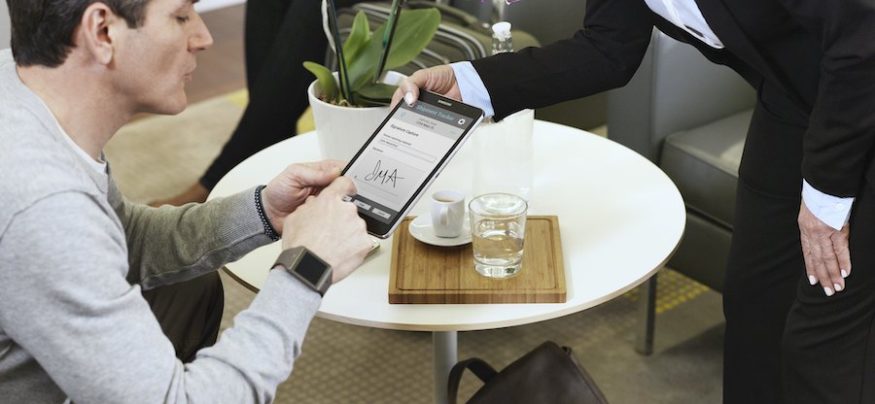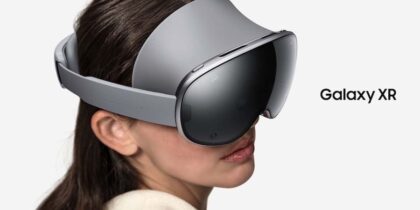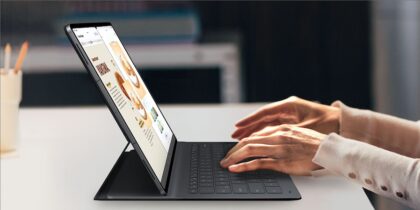The smartphone is credited with changing the customer-facing retail model, and now wearable technology could do the same from an operational perspective. By donning various configurations of this smart technology, retail associates can access apps that connect them to sales data, inventory movement data and strategic marketing information. Retailers can use these insights to improve labor efficiency, inventory management, and promotional execution, all factors needed to advance mission-critical performance metrics around operations.
Consumers can’t get enough of wearable technology. With motion, heart-rate and other sensors, smart watches are increasingly popular ways to monitor fitness and health goals. Embedded Bluetooth technology also allows users to synchronize, monitor and manage collected data within their personal wireless devices, including paired smartphones and tablets. As decision-makers continue to adopt mobile technology to increase business speed and operational efficiency, the wearable-in-the-workplace market is expected to grow exponentially, exceeding 91 million shipments by 2016, according to a 2014 report from Gartner.
Wearables in the Workplace
Wearables are already making a name for themselves across industry workplaces. Often viewed as the earliest adopter of wearable technology, the healthcare sector has made wearable devices a go-to solution for monitoring patients’ health. Their ability to send emergency-related alerts reduces the time and frequency of doctor’s visits. Meanwhile, in the financial sector, brokers are already using smart watches to access real-time news and trade data, information that improves decision-making on the trading floor.
Now, savvy retailers are learning how to harness the power of these solutions to improve their enterprise B2B operations. Back-office mobile devices are already in place, overseeing operations from workforce management to business intelligence. Wearable solutions are taking efforts to the next level. By providing convenient access to actionable data using hands-free technology, wearable devices fill a long-awaited operational need in B2B settings. A 2014 report from PricewaterhouseCoopers supports this, verifying that 77 percent of companies believe there are benefits in using these devices to boost efficiency and productivity.
Changing the Pace of Retail
Retail companies are rapidly bringing wearables into the workplace, and various brands are feverishly designing related business applications for these devices. With a keen focus on smart watches, for example, some companies are opting for applications that keep executives connected to Web-based dashboards. These successes potentially could spur the addition of smart-watch-delivered business intelligence tools and sales applications for those who work remotely. For example, Samsung’s new partnership with mobility solutions provider Hipaax provides enterprise workflow improvement through wearable mobile devices and cloud-based computing. Hipaax’s TaskWatch platform is designed to prioritize work tasks through customizable processes, a boon for associates because it increases productivity through hands-free access to data.
Wearable applications are potentially endless. Across the supply chain where mobile technology is commonplace, wearable devices are already being tapped to manage inventory, sort packages and update shipping information. With an eye to the future, this new device form factor could be the perfect fit to lock and unlock secure areas, such as secure shipping docks or smart storage centers, from anywhere on the premises.
While wearables continue to boom in retail and B2B operations, emerging mobile applications could be a catalyst for widespread adoption. With a growing portfolio of wearable technology, Samsung is actively working to integrate mobility devices across the enterprises, boosting productivity through information access and interoperability with other solutions.








